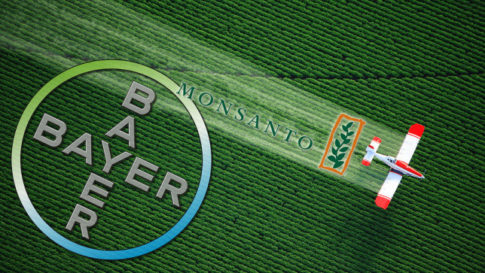In July 2016 the President of the Russian Federation Vladimir Putin signed a law to ban the cultivation and breeding of genetically modified plants and animals (GMO), except in cases where they will be used in testing and scientific research. In fact, this law makes Russia the world’s largest GMO-free territory and offers a great platform for the development of organic agriculture.
This decision made by the Russian government was also influenced by environmental organizations, farmers and other representatives of Russian society, concerned by the absence of reliable scientific studies on the long-term (‘long-term’ comes here with an emphasis) risks of GMO food to human health and the environment. The Kremlin has also apparently taken into consideration the interests of national food security, as the world market of genetically modified (GM) seeds is monopolized by transnational, mostly American, German and Swiss based companies.
Many European Union countries, unlike the U.S., have already applied restrictions on GMOs, similar to the ones implemented now in the Russian Federation. Only five EU countries (Spain, Portugal, Czech Republic, Slovakia and Romania) have been cultivating GM crops, but even they have begun to decrease the area of GM crop cultivation gradually.

